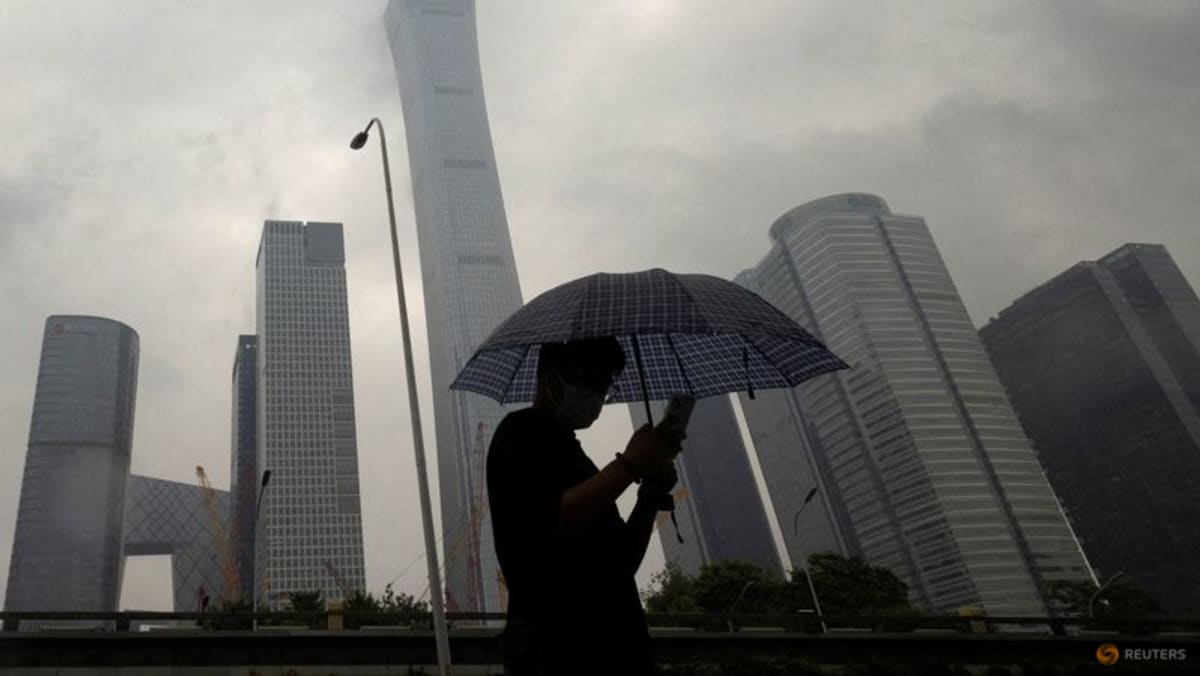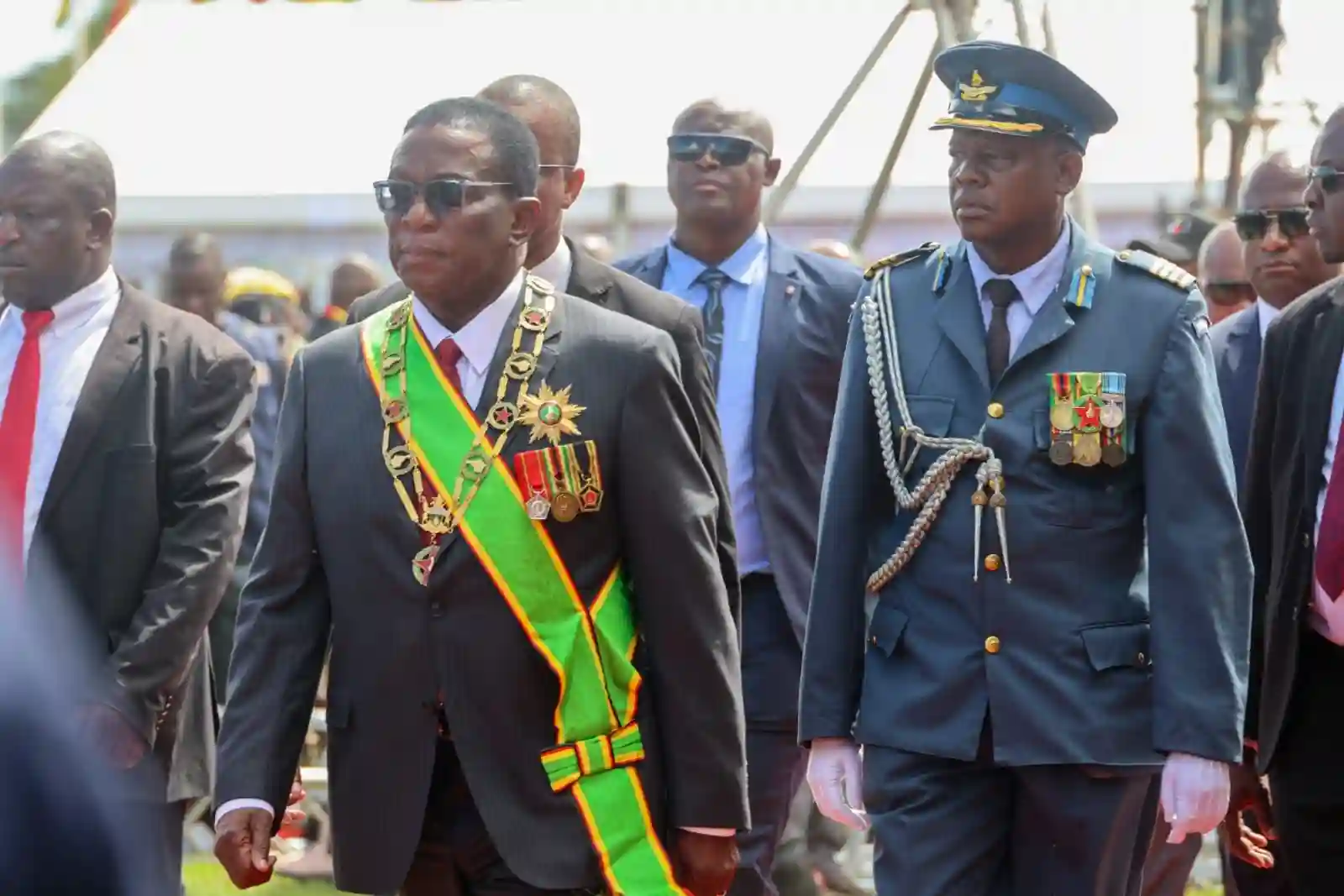


In a significant move to stimulate its economy, China has implemented its first major pay increase for government workers in a decade. This week, millions of public-sector employees received wage increases, with the total payout estimated to be between $12 billion and $20 billion for approximately 48 million workers. The average monthly wage increase is about 500 yuan (approximately $68.50), with some junior workers seeing increases near 300 yuan ($41). This adjustment is particularly noteworthy as the last nationwide pay increase occurred in 2015, reflecting the government's strategy to enhance consumption among those most likely to spend. The increases will be backdated to July and delivered as a bonus, indicating a proactive approach to economic recovery. Additionally, Chinese leaders have agreed to a higher budget deficit of 4% of GDP to support an economic growth target of 5% for 2025. The civil service exam has seen a tripling of applicants since 2014, indicating a growing interest in public sector jobs. However, the announcement has garnered mixed reactions on social media, with some expressing skepticism about the effectiveness of the pay increase in addressing broader economic challenges. [5b7c226b]
In Zimbabwe, President Emmerson Mnangagwa has stated that civil servants' salaries will be adjusted to their satisfaction once the economy improves. Civil servants have been advocating for the reinstatement of their salaries since October 2018, initially aiming for up to US$540 for the lowest-paid worker and subsequently raising their demand to US$840. Mnangagwa emphasized that civil servants' salaries would align with the economy's performance. Currently, the majority of civil servants receive US$320 per month, before tax and bank charges. The Zimbabwe Confederation of Public Sector Trade Unions' (ZCPTSU) Secretary General David Dzatsunga stated that civil servants prefer the USD as acceptance of the Zimbabwean Dollar (ZiG) would be based on its performance. The Reserve Bank of Zimbabwe (RBZ) launched ZiG on April 5th to stabilize the volatile exchange rate. Mnangagwa's remarks may further dampen the spirit of civil servants who have been pushing for a review of their conditions of service. [d600a8f8]
Meanwhile, in Hong Kong, civil servants will receive a 3% pay raise, backdated to April. The pay raise comes amid a 10% vacancy rate in the civil service and a budget deficit of $12.8 billion for the fiscal year ending March 31. However, the 3% pay raise is below the suggested rate of 5.47%. More than 10,000 civil servants retired or resigned in the 2022/23 fiscal year, contributing to the high vacancy rate. As of November 2023, the civil service had a vacancy rate of 10.3%, with 19,774 unfilled positions out of a total of around 192,000. [aaf3c574]